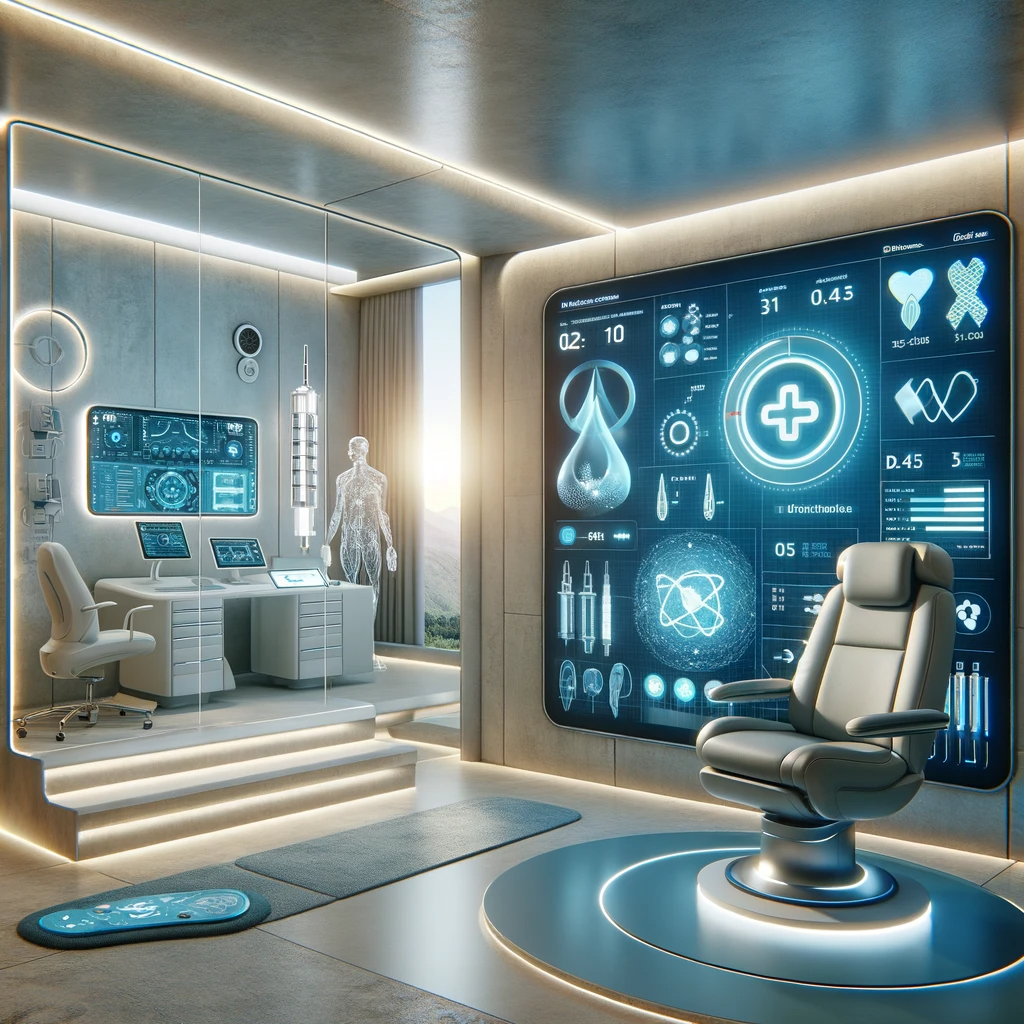
The Rising Burden of Diabetes in India: A Unique Opportunity for AI
India’s escalating diabetes cases present a unique challenge, but also a unique opportunity. The vast amount of data available could be harnessed through electronic medical records, positioning India at the forefront of research in this area. The application of artificial intelligence (AI) and machine learning (ML) could provide valuable insights and help devise bespoke solutions.

AI and ML: A Game Changer in Chronic Disease Management
AI and ML are already making strides in chronic disease management, particularly diabetes. These technologies are being used to predict diabetes risk based on genomic data, diagnose diabetes using EHR data, and predict complications such as nephropathy and retinopathy. Google’s AI research unit, in collaboration with several Indian ophthalmology centres, has made significant advances in automated diagnosis and grading of diabetic retinopathy based on fundus photographs. The adoption of these technologies could dramatically increase the detection and early treatment of diabetic complications.
The Potential of AI and ML in India’s Healthcare System
The potential of AI and ML is particularly significant in India, where diabetes prevalence is estimated at 8-10%, with a slightly lower burden in rural areas compared to urban areas. However, the prevalence of diabetes in Delhi is estimated at around 27%, with 46% or more of the population having prediabetes. Such an early and extensive occurrence of diabetes could place a significant burden on the healthcare system.
AI and ML are only as good as the data used to generate this intelligence. India is sometimes referred to as a “country with no records”, highlighting the general lack of record-keeping as an essential part of medical practice. However, this burden of disease could be transformed into an opportunity if all data is harnessed in a usable form and AI and ML are used to generate insights and solutions specific to our population. A concerted and collective effort is needed by the government and large associations, like the Endocrine Society of India, to initiate data collections and research.
In conclusion, AI’s evolution in healthcare, particularly in the management of diabetes, offers a unique opportunity for India. With the right strategies and collaborations, AI could significantly improve the country’s healthcare system and contribute to better patient outcomes.
